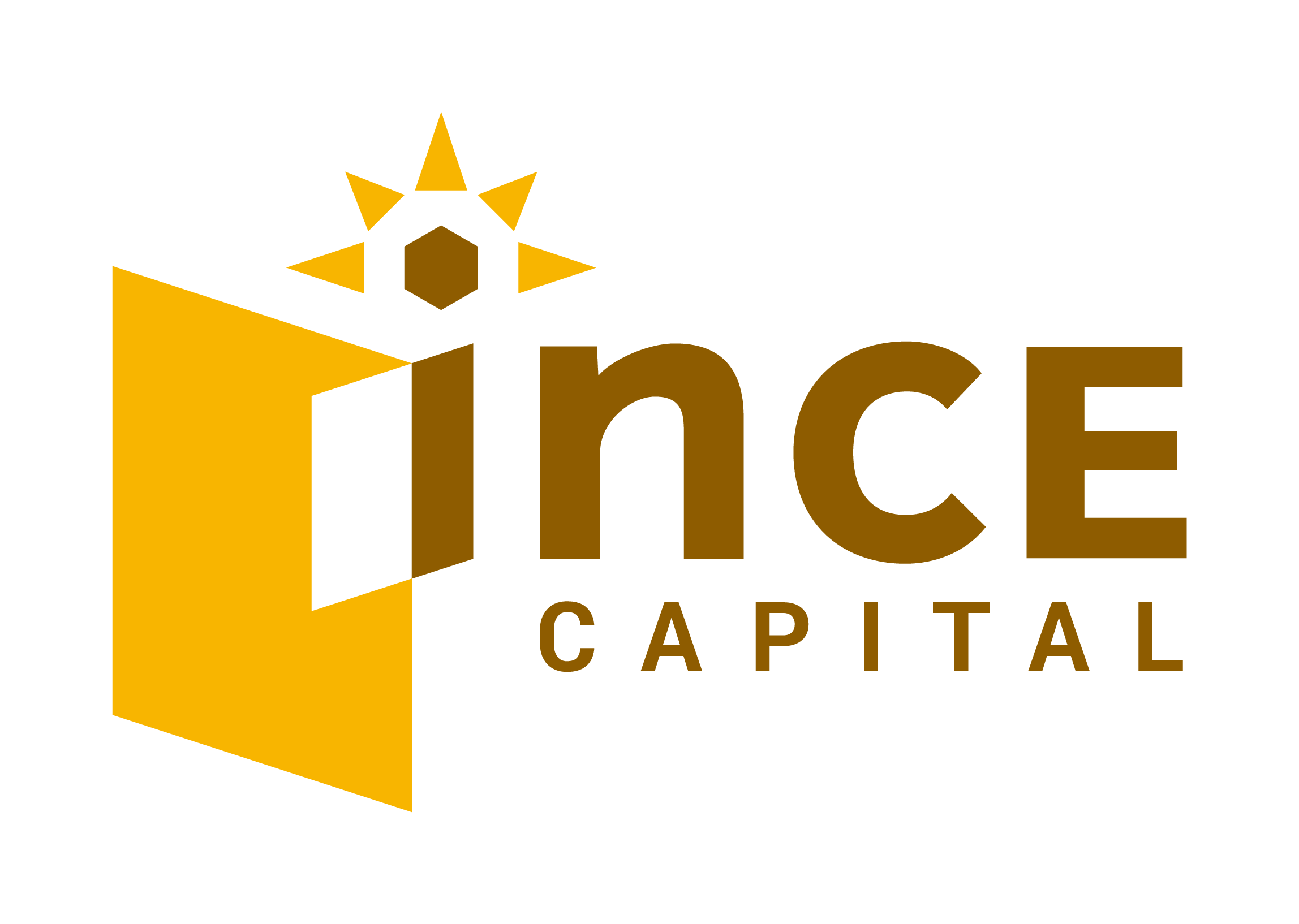Source: AI Caijing News (ID: aicjnews)
Author: Wang Can
Editor: Ming Xuan
The following is an excerpt from the interview with AI Caijing News:
AI: What changes have you been through ever since the founding of INCE Capital?
JP(甘剑平): Now I am busier. I want to set up a team like we had before so that we are able to do the same thing going towards the same direction and getting a higher return. But currently I am not too much worried about returns. I’d say I have become more mature and better at making judgment with more resources to leverage than before. Therefore, I hope that I can repeat my previous success in a shorter time.
AI: Any preference for funding rounds?
JP: Early to growth stage with more focus on the growth stage.
AI: Will INCE Capital set up an Investment Committee?
JP: No. Our team will have discussions on projects every week to see if they are consistent with the strategy of INCE. INCE Capital has its own investment logic. We will do a lot of top-down research on the market, the industry, etc., through which we develop an idea of what should be invested and what should not. Only when the project matches our investment philosophy will we carry on with it.
AI: What is the investment logic of INCE Capital?
JP: First, we are optimistic about the Chinese economy. Second, we are more optimistic about the consumer Internet sector which, we believe, has a lot of potentials to tap. Chinese users are now spending more and more on the Internet. While the proportion of e-commerce in retail is increasing, people's willingness and ability to spend online are growing at the same time, which means there will be tremendous underlying opportunities out there in the field of Internet consumption. Plus, our LPs also feel confident about the consumer Internet in China. Therefore, INCE Capital will prioritize its efforts on the consumer Internet sector, while also paying attention to consumer-related products or services, such as the pet industry, social e-commerce, media, and social network which are some segments that we are interested in. The other director we are looking at is smart technology.
AI: How to define intelligent technology?
JP: Empowering companies with new technologies such as artificial intelligence and big data, so that they can operate more efficiently, realize faster user growth or capture business opportunities. Smart technology has to be fully commercialized within a period of time to help companies improve efficiency on a large scale.
AI: What technologies in the smart technology industry you believe are more promising, and what is unique about their commercialization?
JP: To begin with, facial recognition is an amazing technology which is a challenge for companies to develop on their own. The government and the banking industry are using such a technology frequently to elevate their efficiency on a large scale. This is an area that I think is worth investing in. The second is the intelligent machine in the warehouse, which can quickly deliver the packages in “shifts”. The third is the scene where doctors read the x-ray images in the hospital. It is an exhausting process where mistakes can be easily made if it is handled entirely by human beings. On the other hand, machines can perform these jobs in a sophisticated way. These are examples demonstrating how smart technology helps improve efficiency. First of all, this technology needs to be smart enough because it makes no sense to softwarize for the purpose of softwareization; second, this technology needs to be implemented in real practice with commercial application scenarios; third, its business model should have been formed which can improve companies ‘efficiency straight away. It is not because users cannot afford to purchase such technology, but because some companies' technology and products are not good enough to the level that users are willing to pay for.
AI: How do you see the “sinking market” (lower-tier market) in the consumption sector?
JP: Consumption can't sink. The so-called “sinking market” is filled with Internet-based products that consumers in some third and fourth-tier cities have not yet get access to, so the customer acquisition time and cost for these consumers are relatively faster and cheaper, making it easier to grasp their attention in a shorter time. I believe that consumption is slowly spreading from big cities to the second and third-tier cities, but not the other way around. Many Internet companies are considering reaching to the lower-tier markets because they are worried about their traffic. In fact, we should look at it from the perspective of both online and offline businesses. As entrepreneurs, we must always seek for cheaper and better channels.
AI: What advice do you have for entrepreneurs?
JP: First of all, entrepreneurs need to observe opportunities in the market or sub-sectors. Second, evaluate whether the product is suitable for today's market. When everyone has their eyes on the same market, people will just flock to it. But whether your technology or business model is better than others is of great significance. When on the same level playing field, those who run with clever moves tend to run faster.
AI: What personal capabilities do you value for entrepreneurs?
JP: Technology, products, fundraising capabilities, etc. In addition, it depends on whether he/she can attract more excellent people and lead the company to grow from 0 to 1, and then from 1 to 100.
AI: In the current environment, are startups easily crowded out by titans?
JP: Entrepreneurs need to find a single point to break through. Although large companies are resourceful, they are not so keen when looking for changes or capturing new opportunities as the market changes. When an extremely excellent entrepreneur seizes this opportunity, it is possible to grow slowly with the help of funds and affect the overall situation through a single point of breakthrough.








